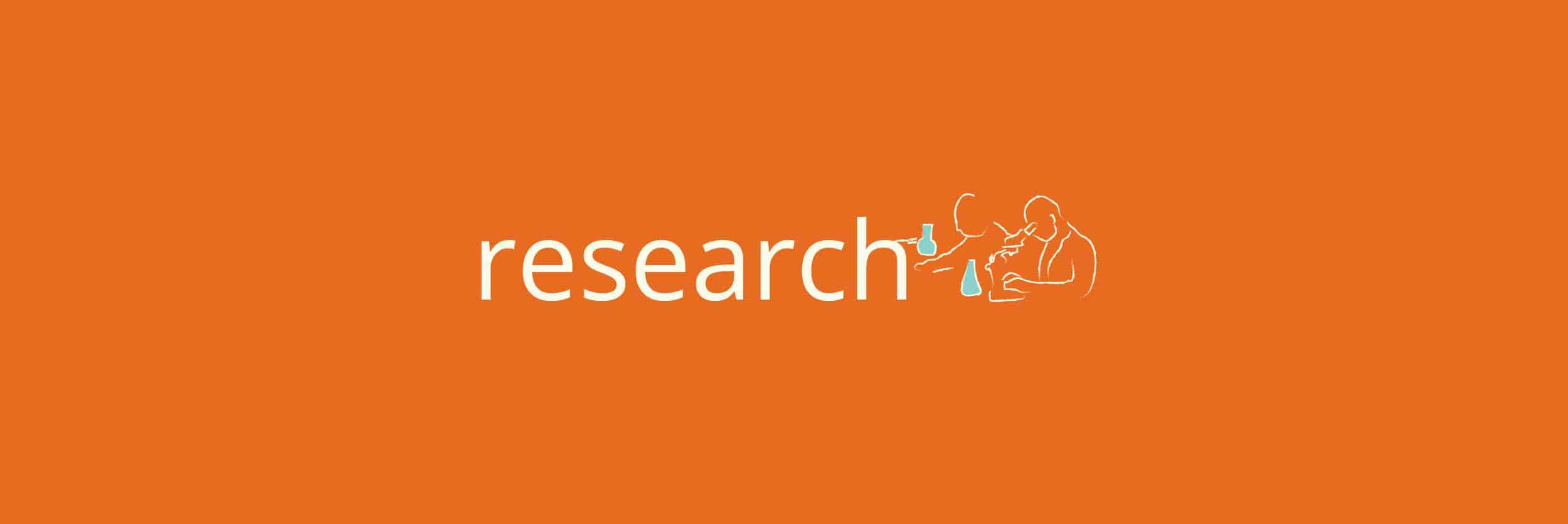Understanding The Cost of Treatments for Rare Disorders
By Olivia Lindsey
I am a graduate student studying Social Design at the Maryland Institute College of Art (MICA) in Baltimore, MD. Social Design uses a human centered approach to address complex social issues with the aim of creating positive change. For my thesis project, I have chosen to address the issue of rare diseases.
My little sister, Alyssa, has a rare disease called Autoimmune Pancreatitis. I have watched Alyssa struggle to get a proper diagnosis, pertinent disease information, and effective treatment. Her struggles exposed me to the phenomenon that people living with rare diseases often? receive inequitable and insufficient care. In researching this issue for my thesis work, I met with Dr. Sandy Siegel, the President of SRNA since I am from Powell, OH. Individuals with rare diseases often face the same struggles despite the wide range of individual rare diseases and one of those struggles is affordable treatment. I have learned that rare disease patient organizations are leaders in the fight for better care of people living with rare diseases. It is my hope to contribute to the great work these patient organizations are carrying out.
The Social Design process applied to my thesis work involves three stages to include research, synthesis, prototyping and testing. Through this process, my goal is to create an intervention tool to further strengthen the efforts of rare disease patient organizations. I am currently in the research phase of my project, collecting archival resources, attending rare disease events and webinars, and interviewing patient organizations.
As part of the research process, I would love your help on a survey (that will only take about 10 minutes to complete) to learn about treatment costs for rare disease patients. Please visit https://www.surveymonkey.com/r/RYT7GMD and share your experience anonymously. The survey is open until March 21st. I greatly appreciate the time of all those who participate.
Upon the completion of the research phase, I will synthesize the information to find opportunities for intervention and ideas for possible solutions. Those ideas will lead to prototypes that I will offer to patient organizations as my personal contribution to the fight to help people in the rare disease community, like my little sister.
To learn more about my project or to get involved, please email me at [email protected].





